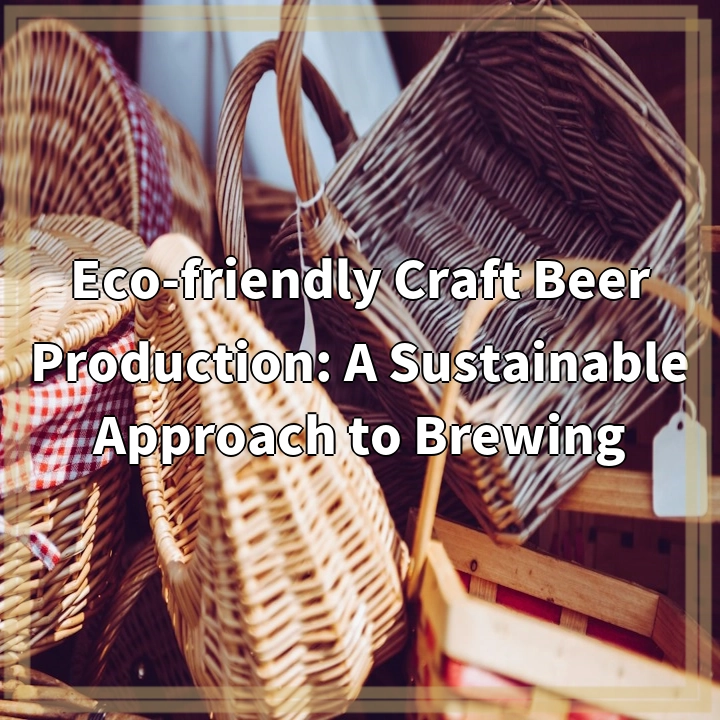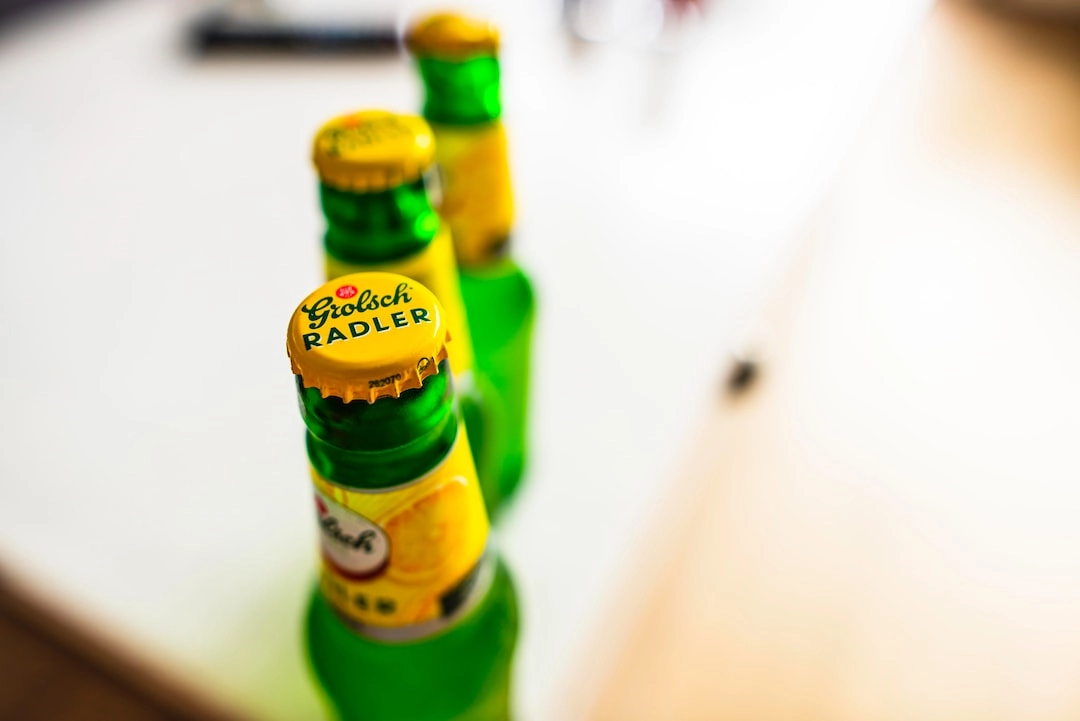
What it is:
Eco-friendly craft beer production refers to a sustainable approach to brewing, where breweries strive to reduce their environmental impact throughout the entire brewing process. It encompasses various practices and initiatives aimed at conserving resources, minimizing waste, and promoting overall sustainability.
Real-world problems:
Water Usage
One of the significant challenges in eco-friendly craft beer production is the excessive water usage involved in the brewing process. Brewing requires a substantial amount of water for various operations such as mashing, sparging, boiling, and cleaning equipment. This high water demand can strain local water sources, especially in regions with limited water availability or facing drought conditions.
Energy Consumption
Craft breweries often consume significant amounts of energy for heating, cooling, refrigeration, and powering various equipment. This energy consumption contributes to greenhouse gas emissions, such as carbon dioxide, that contribute to climate change. Finding ways to minimize energy use through energy-efficient equipment and practices is crucial for a sustainable brewing industry.
Waste Management
Another real-world problem associated with eco-friendly craft beer production is the proper management of waste generated during the brewing process. Breweries generate substantial amounts of solid waste, including spent grains, yeast, and packaging materials. Disposing of these wastes in an environmentally responsible way, such as through composting or recycling, is essential to minimize environmental impact.
Transportation and Packaging
Craft beer often comes in bottles, cans, or kegs, requiring transportation from the brewery to retailers or consumers. This transportation contributes to carbon emissions and environmental pollution. Furthermore, the choice of packaging materials, such as glass or aluminum, can also impact the sustainability of craft beer production. Sustainable packaging options, such as lightweight materials or recyclable packaging, can help mitigate these issues.
Water Pollution
Water pollution can occur during brewing due to inadequate management of wastewater. The release of high-strength wastewater containing chemicals, residue from ingredients, or cleaning agents can harm local ecosystems if not treated properly. Implementing effective wastewater treatment systems is essential to prevent water pollution and protect aquatic life.

Solutions to the real-world problems associated with Eco-friendly Craft Beer Production:
Water Usage
To address excessive water usage, breweries can implement water conservation practices such as optimizing water flow rates, reusing water for multiple stages of the brewing process, and investing in water-efficient equipment. Additionally, exploring alternative water sources such as rainwater harvesting or water recycling systems can help reduce the strain on local water sources.
Energy Consumption
Craft breweries can reduce energy consumption by investing in energy-efficient equipment, adopting renewable energy sources like solar or wind power, and implementing energy management systems. Additionally, optimizing brewing processes, such as using efficient heat exchangers or insulating brewing vessels, can minimize energy wastage.
Waste Management
To address waste management challenges, breweries can explore partnerships with local farmers to repurpose spent grains as animal feed or compost. Implementing recycling programs for packaging materials and ensuring proper separation and disposal of waste streams can also contribute to effective waste management.
Transportation and Packaging
Craft breweries can reduce transportation-related carbon emissions by sourcing ingredients locally whenever possible, optimizing delivery routes, or considering alternative transportation methods like electric vehicles or hybrid systems. Choosing packaging materials with a lower environmental impact, such as using recyclable or biodegradable materials, can also contribute to sustainable packaging practices.
Water Pollution
To prevent water pollution, breweries can implement proper wastewater treatment systems, such as anaerobic digestion or activated sludge processes, to treat and remove harmful substances from wastewater. Performing regular water quality testing and complying with local environmental regulations are essential for maintaining water ecosystem health.















